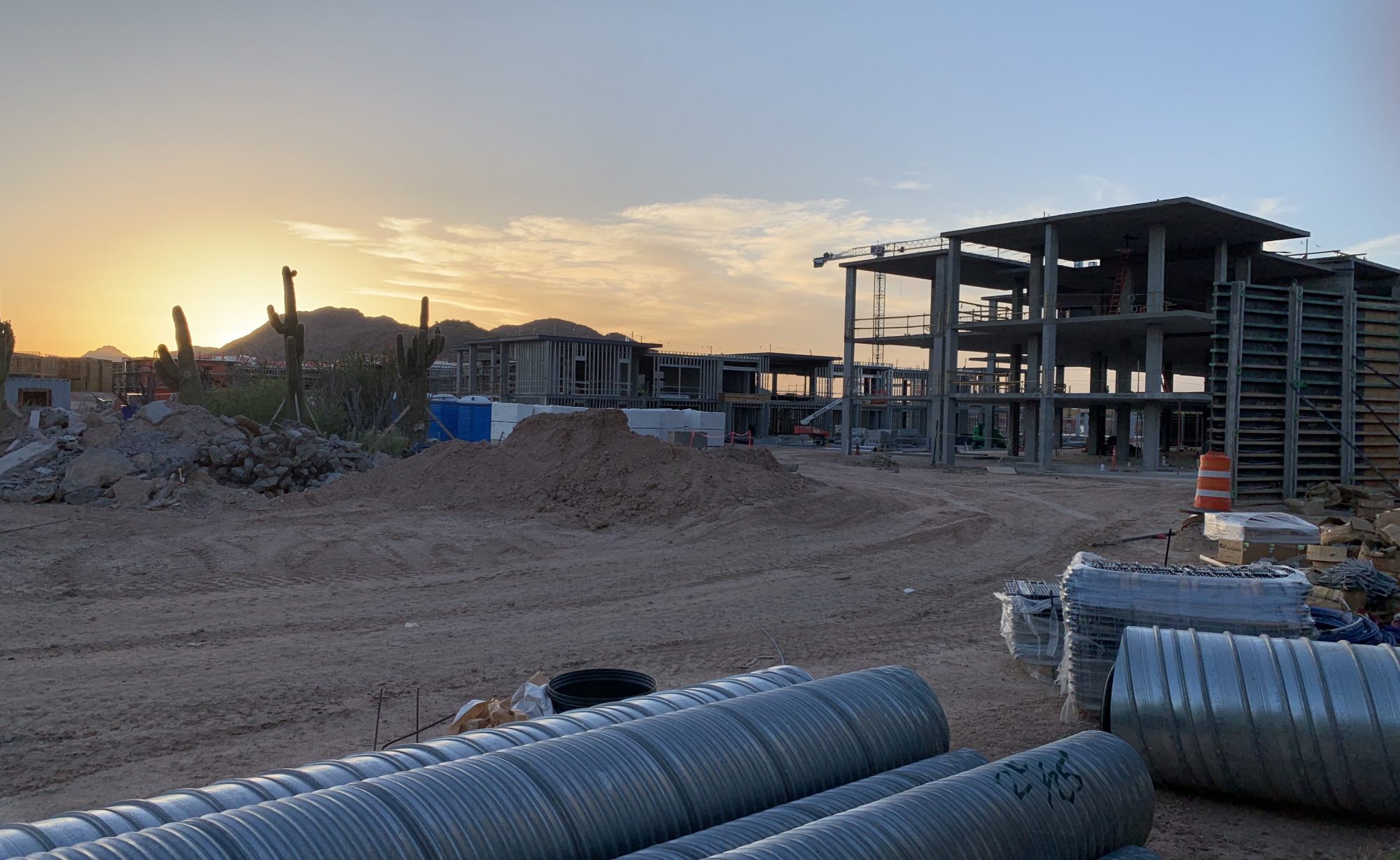
Back in April of this year, I authored this post concerning the Arizona Court of Appeals’ recent decision in SK Builders, Inc. v. Smith. In SK Builders, the court held that Arizona’s Prompt Pay Act (the “PPA”) did not apply to billings containing work furnished outside the preceding 30 days because the PPA stated that “billing[s] or estimate[s]” must be based on “work performed and…materials supplied during the preceding thirty day billing cycle.” In other words, the court found that payment applications submitted at the end of a billing cycle were limited to work performed or materials furnished within the preceding 30 days. But, as I briefly noted in a July update to my earlier post, the sun set on SK Builders rather quickly. The decision was legislatively overruled by an amendment to the PPA and is no longer good law.




